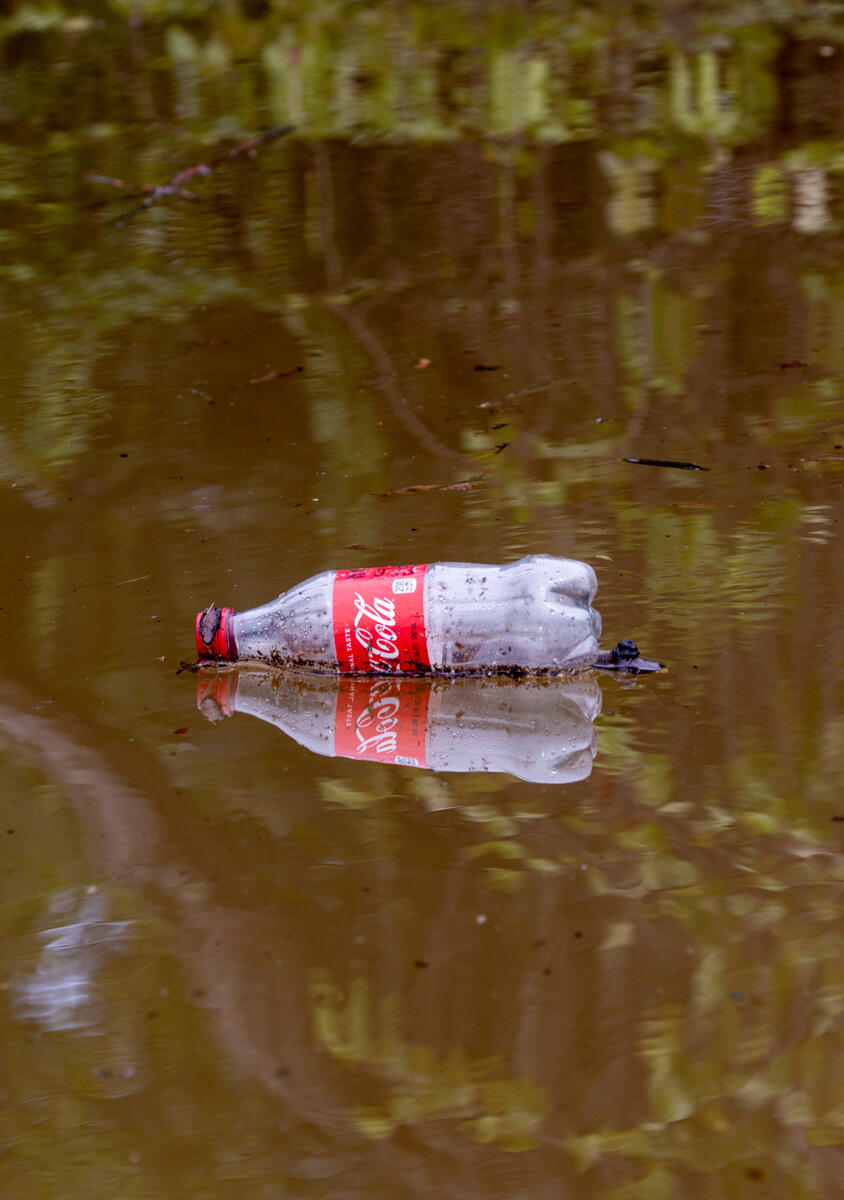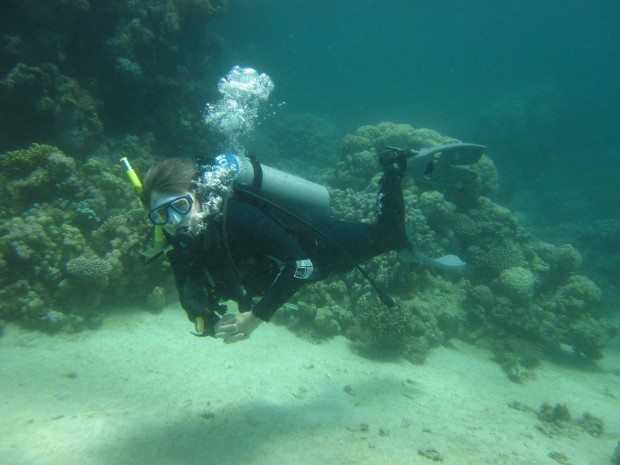All articles
-
Choking it. How free is free-to-air TV?
Press release – 16 May, 2013Sydney, Friday 17 May 2013: Channel 7 and SBS have followed Channel 9’s lead and banned a controversial Greenpeace recycling advert.http://youtu.be/Q7Uxaw6YoRw Despite clearance and classification by Free TV- the industry regulatory body – a Channel 7 representative called the ad ‘inappropriate’ before issuing the ban order. In just over a…
-
Channel 9 bottles it over controversial recycling ad
Press release – 9 May, 2013Sydney, Friday 10th May 2013: In an 11th hour decision, Channel 9 has banned Greenpeace’s controversial ad in support of a national cash for cans recycling scheme. The ad – lampooning Coca-Cola’s opposition to effective recycling – has gone viral, being viewed over half a million times on YouTube since…
-
Ad Campaign: Australians Tell Coca-Cola, Stop Trashing Australia
Press release – 5 May, 2013Sydney, Monday 6 May 2013: On the eve of Coca-Cola Amatil’s AGM, Greenpeace has launched a television advertisement skewering the beverage giant’s efforts to sabotage a national ‘cash for containers’ scheme.http://youtu.be/Q7Uxaw6YoRw “Coca-Cola has relentlessly bullied politicians, spent hundreds of thousands of dollars silencing recycling advocates and taken the Northern Territory…
-
Open letter to the managing director of Coca-Cola Amatil
Does Coca-cola have a secret agenda against seabirds? David Ritter writes to the company to find out. Originally posted on ABC Environment, 11 April 2013 Mr Terry Davis Managing Director Coca-Cola Amatil North Sydney Dear Mr Davis – may I call you Terry? This is Australia, after all. Okay, so I know what you…
-
My experience of how Cash for Containers works
Below is just one of the fantastic emails we've received since launching our campaign to stop Coca Cola bullying our Governments and urge them to bring in a national Cash for Containers scheme.
-
Plastic and politics: how bureaucracy is failing our forgotten wildlife
Seabirds: the poster children for ocean health. Fishers use them to identify fishing hot spots. Environmental and marine scientists use them as indicators of the condition of the ocean environment due to their ability to cover vast areas. By Jennifer Lavers, Monash University But in Australia, one such species – the Flesh-footed Shearwater – is…
-
New ad campaign: starved on a full stomach… brought to you by Coca-Cola
Press release – 6 March, 2013Sydney, 07 March 2013: Following Coke’s scandalous court victory against recycling this week, Greenpeace has launched a crowd-funded graphic advertising campaign in Fairfax papers showing what Coke’s bullying means for the environment.The full-page ads in The Age and The Sydney Morning Herald were entirely funded by an unprecedented flood of…
-
Coca Cola takes the Northern Territory Government to court for trying to improve recycling
Press release – 18 February, 2013TUESDAY 19th February, Sydney: Environment groups including Take 3, Greenpeace, Clean Up Australia, The Total Environment Centre and Two Hands Project held a court-side vigil at the Federal Court in Sydney this morning protesting Coca Cola’s legal challenge to the Northern Territory’s ‘Cash for Containers’ scheme.“Today, we stand with the…
-
‘Just for the waste of it!’
Press release – 17 February, 2013Greenpeace tells Coca-Cola to stop trashing AustraliaSydney, Monday 18th February 2013 : This morning at Coca Cola Amatil’s Sydney head office, Greenpeace activists suspended a giant image of an albatross that had starved to death because its stomach was full of plastic waste, bearing the legend ‘brought to you by…
-
Guest blogger Callum Roberts: Future oceans
Imagine a world, not very far in the future, where families shun the idea of a seaside holiday because the sea is too unpleasant to visit, perhaps even dangerous. The beach is heaped with rotting green seaweed and bodies of jellyfish litter the strand. Getting in the water you risk illness; even the air might…


